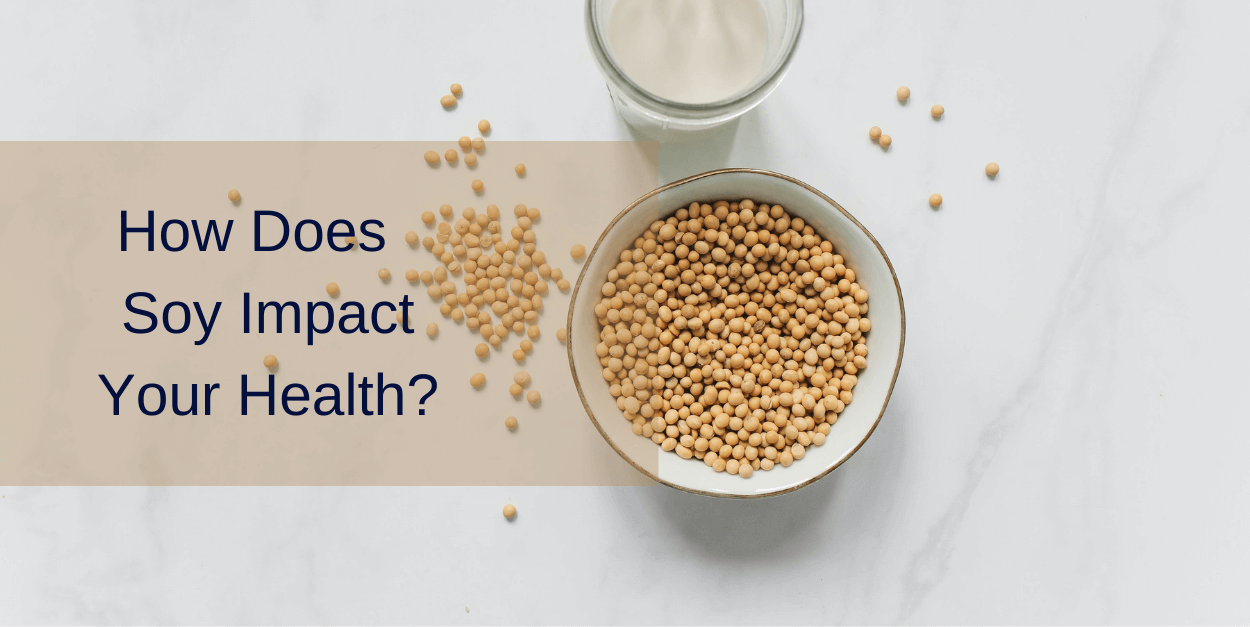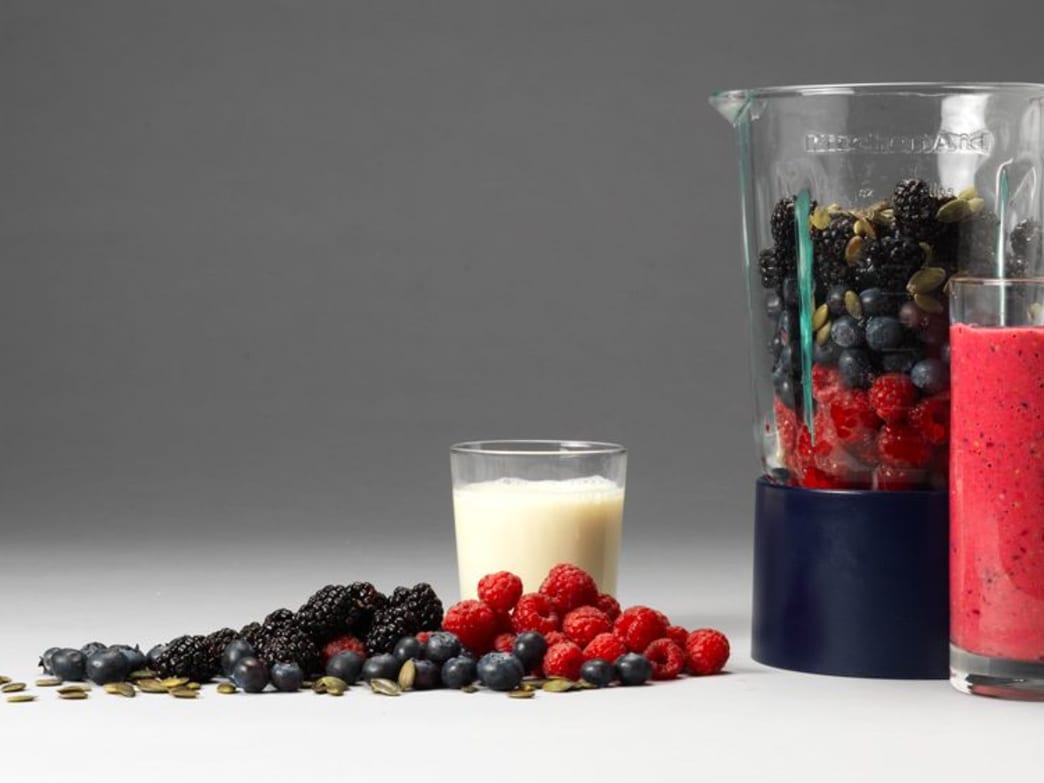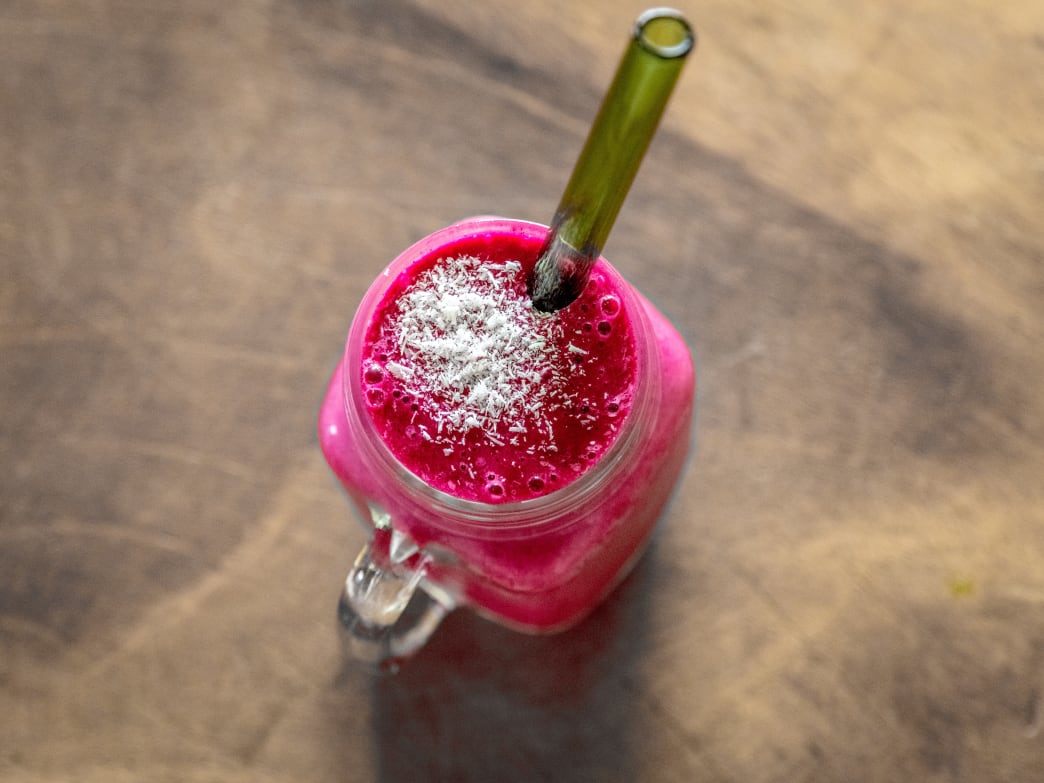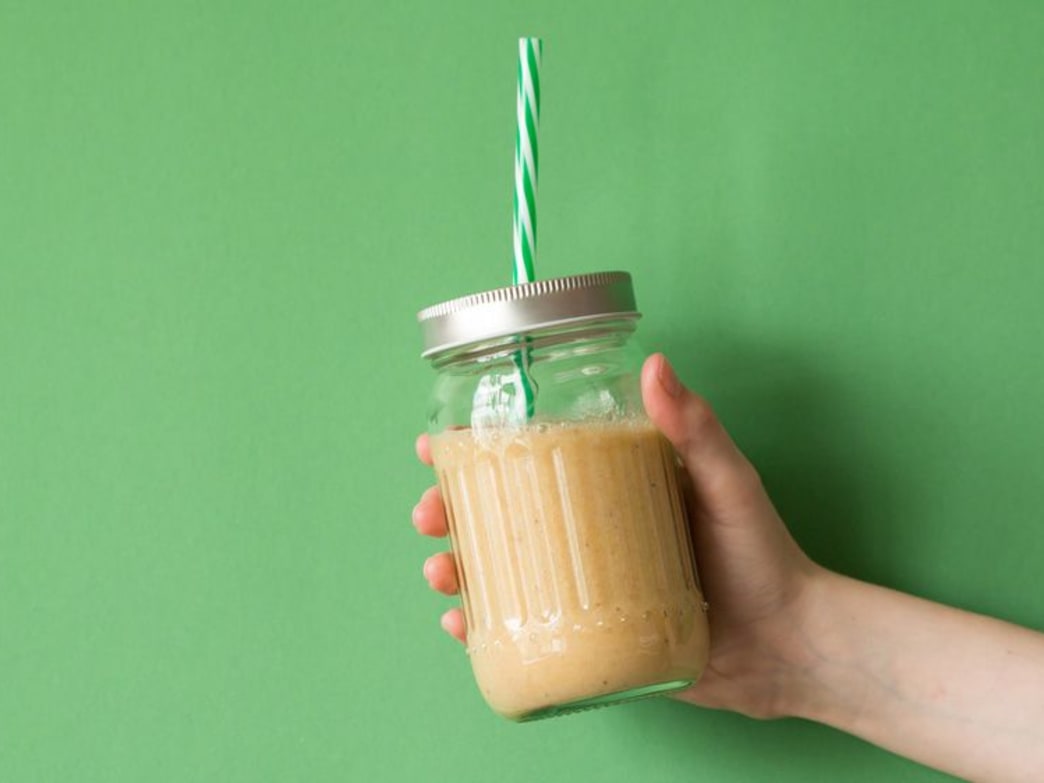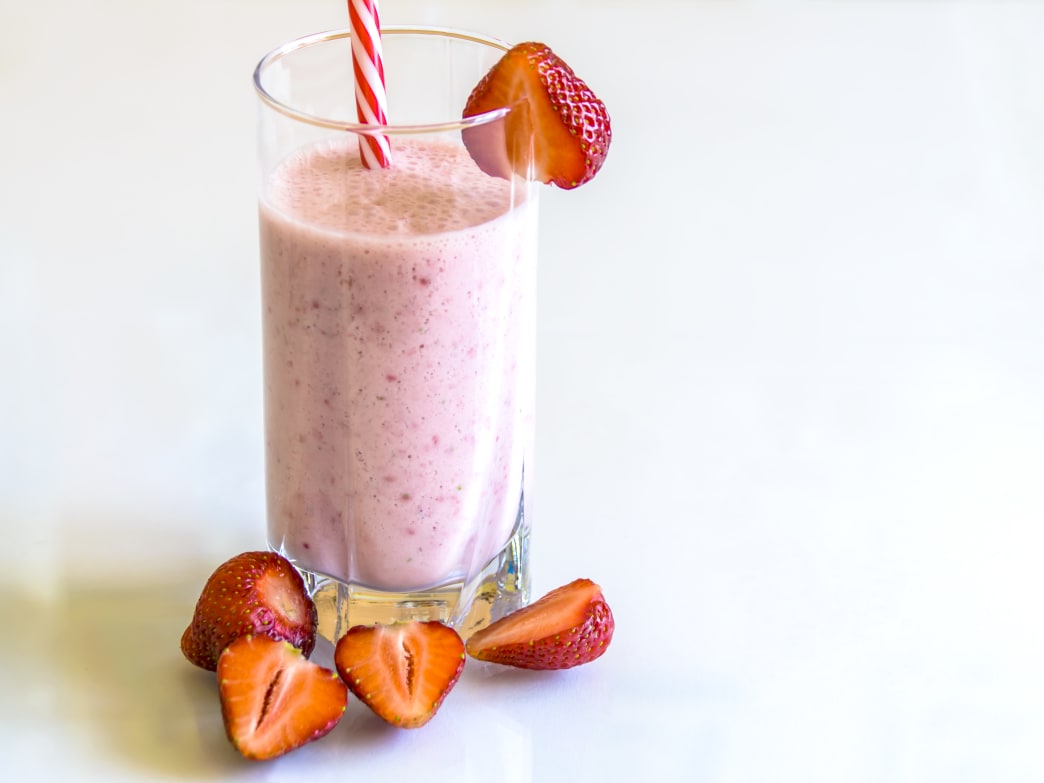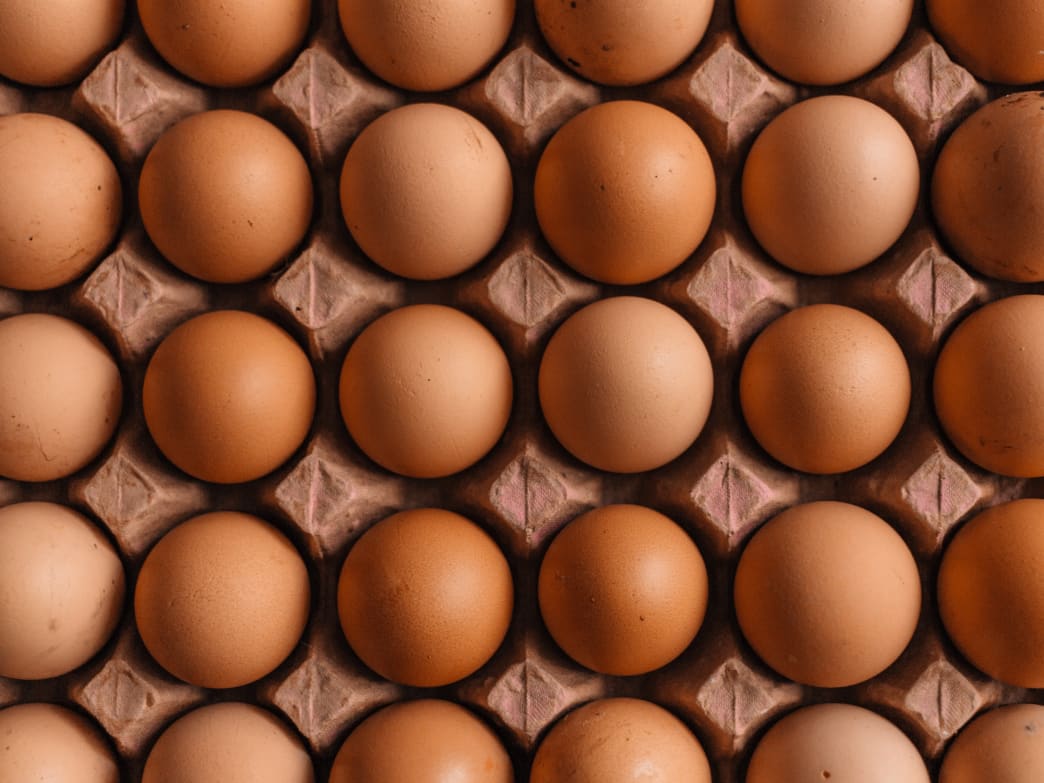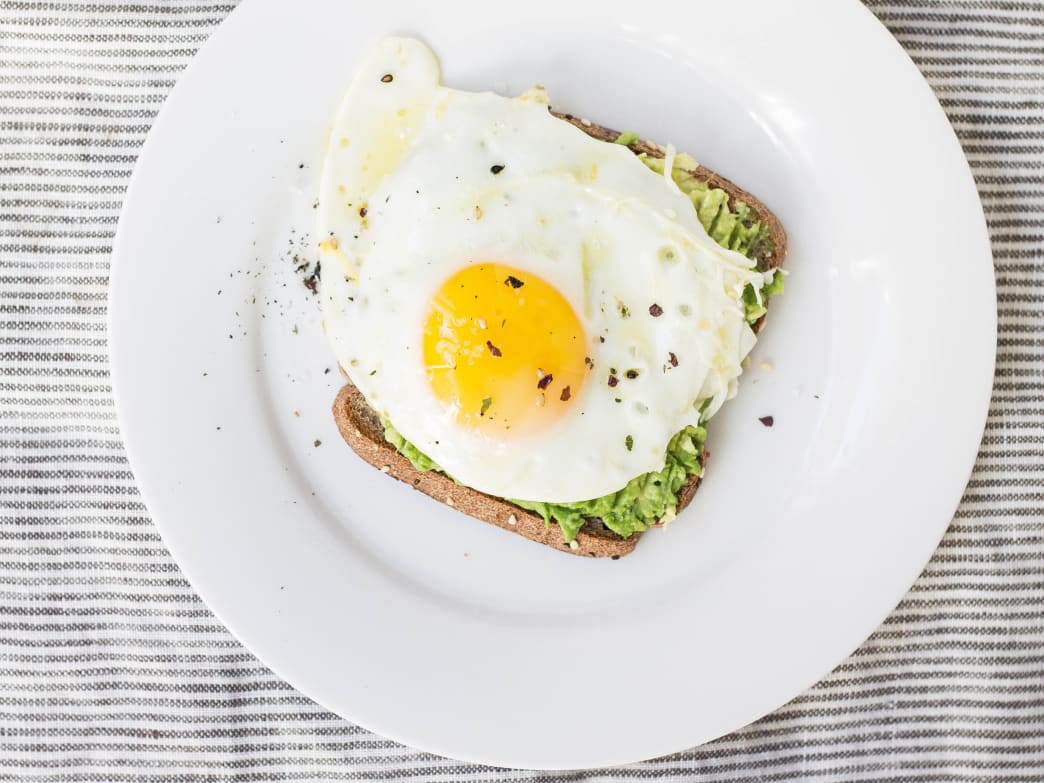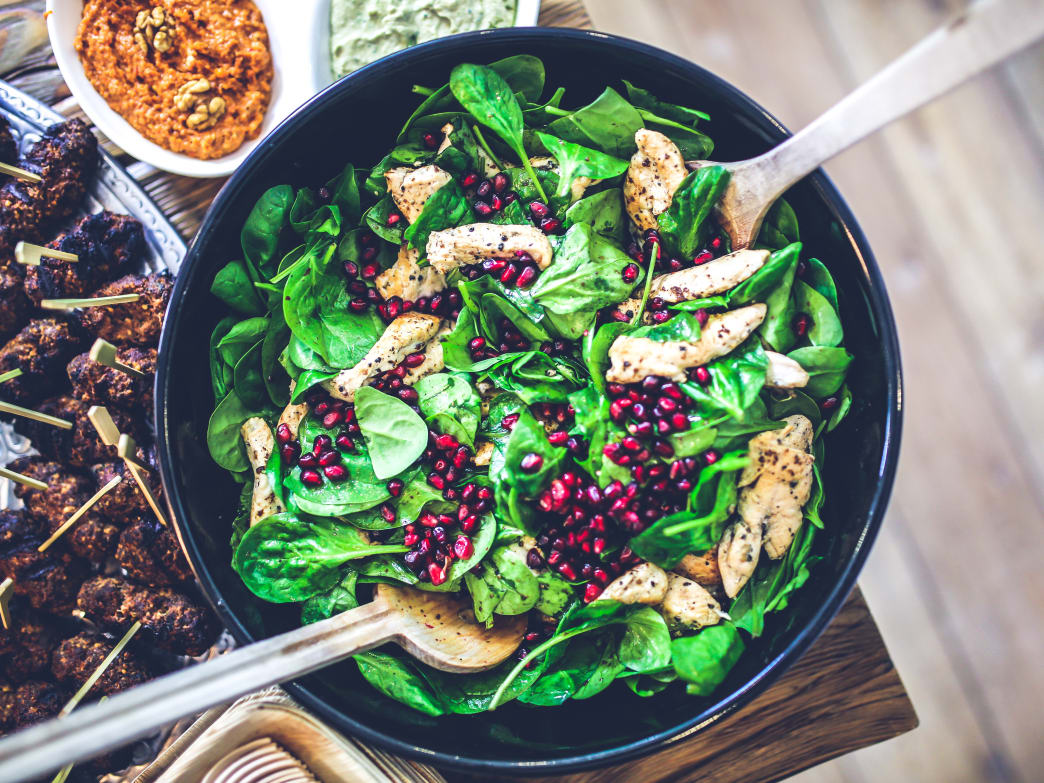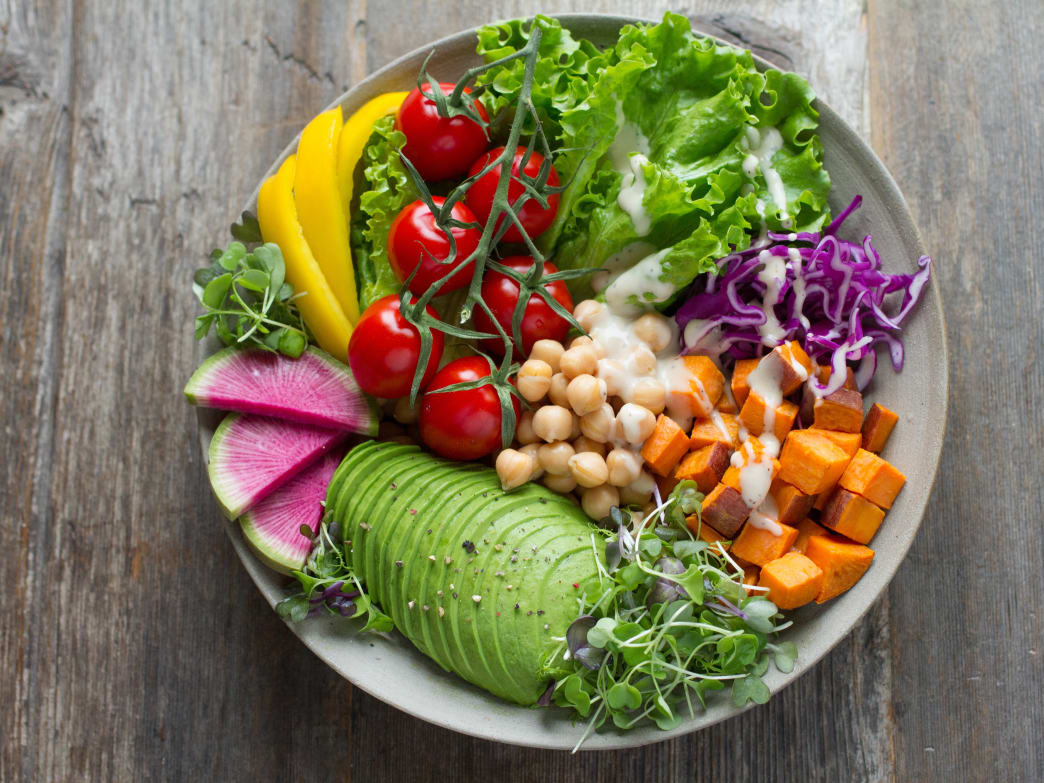Blog
Simple Smoothie Recipes That Are As Tasty As They Are Easy To Make
Get leaner and healthier at the touch of a button with these four delicious drinks.
Learn moreRefuel With This Protein-Packed Peanut Butter And Jam Smoothie Recipe
Liquidise the classic sandwich for a tasty post-workout drink
Learn moreSmoothies: How They Can Benefit You and Your Children
As a working mother, you’ve likely run into the problem of having a bunch of hungry kids and not having the time to cook something for them.
Learn more7 Foods to Eat for Thick, Healthy Hair
Nutrients that nourish the scalp and follicles can prevent thinning and hair loss and may promote new hair growth. Try these seven foods—and stop the shedding.
Learn moreFrom Guilty Pleasure to Discomfort: The Connection Between Age and Food Reactivity
We all fight the good fight when it comes to combating Father Time and hanging onto our youth and our health. We work so hard on the way up the proverbial hill, but the ride down isn't necessarily any easier. There are some bumps along the road that we all
Learn more4 Reasons Why Women Need Protein
You may need more protein. As much as exercise helps a person stay fit and healthy, achieving a fitness goal really starts with the kind of "fuel" we fill our bodies with.
Learn moreBelly Fat Impacting Your Confidence? 6 Helpful Tips to Reduce It
Maybe you haven't been feeling as confident lately, or you'd just like to be a bit healthier. Here are some tips to help you burn away unwanted belly fat!
Learn moreHow Plant-Based Diets Can Heal Our Bodies & the Planet
There are many reasons people choose to cut meat out of their diet: health trends, diet goals, environmental reasons, to name a few.
Learn more

